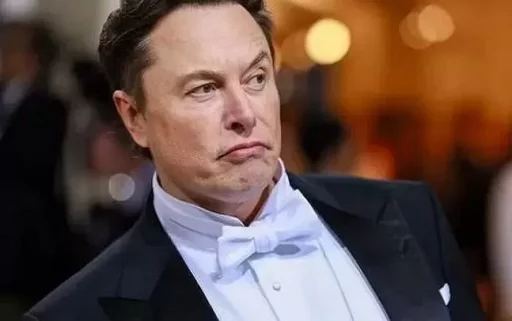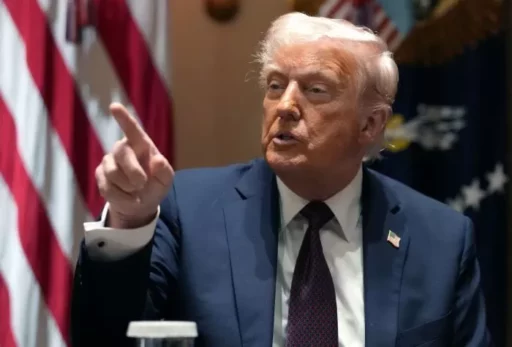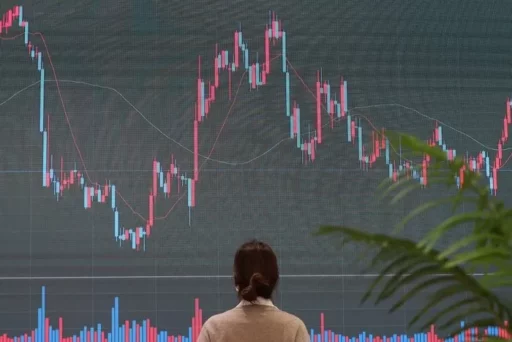Tesla's Stock Fluctuates with Musk's Political Moves
The news of Elon Musk's new political party is deepening the sighs of investors in the Republic of Korea.
Tesla CEO Musk, who has been in sharp opposition to President Donald Trump, is strengthening his political involvement, raising concerns among domestic investors who hold Tesla stocks.

Since the beginning of this year, Tesla's stock price has dropped to half of its peak due to Musk's political actions, although there had been a recent recovery, the emergence of new political risks with the establishment of a new party has raised alarms.
For investors in the Republic of Korea, Tesla is the most heavily held foreign stock.
According to data from the Korea Securities Depository on July 7, as of July 3, the value of Tesla stocks held by Koreans was $21 billion (approximately 28.67 trillion won), exceeding the second-ranked Nvidia ($13.6 billion) by more than $7.4 billion (approximately 10 trillion won).
Tesla Establishes Itself as the Favorite Stock of Korean Investors
Looking at the ranking of overseas stock purchases by Korean investors over the past month (June 5 – July 4), the popularity of Tesla is evident.

The top overseas stock purchased was the exchange-traded fund (TSLL), which seeks double the profit from the rise in Tesla's stock price, while Tesla's stock itself came in second.
The combined purchase amount for the two stocks reached $5.5 billion (approximately 7.5 trillion won), surpassing the amount individuals invested in Samsung Electronics during the same period (6.6 trillion won).
The scale of indirect investment through the National Pension Service is also significant. As of the end of March, the National Pension Service held more than 5.34 million Tesla shares, valued at approximately 2.3 trillion won based on the current stock price.
Thus, Tesla accounts for a significant portion of the asset portfolios of investors in the Republic of Korea.
Tesla's stock price has shown high volatility since the U.S. presidential election in November last year, following changes in the relationship between Musk and Trump.

In mid-December, shortly after Trump's election, the stock peaked at $463, recording an all-time high. However, after Musk took charge of the Department of Government Efficiency (DOGE) and had conflicts with Trump, the stock plummeted to the $221 range in early April.
Following a recovery trend in the $300 range, the situation escalated as the two publicly exchanged insults, causing the stock to drop more than 14% in just one day.
Some analysts suggest that while political risks appear to be the superficial reason for the decline in Tesla's stock, the fundamental issue is the weakening competitiveness of its electric vehicle business.
Ryan Brinkman, an analyst at JP Morgan, recently suggested a target price of $115 for Tesla, considering the company's poor performance and the policy to eliminate electric vehicle subsidies. This figure is 63% lower than the closing price on July 4 ($315.35).
Image source: Elon Musk, CEO of Tesla / gettyimageskorea, Donald Trump, President of the United States / gettyimageskorea, unrelated stock photo / News1


